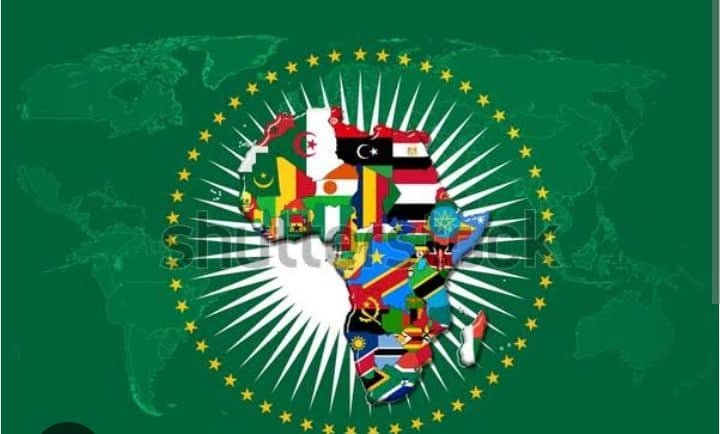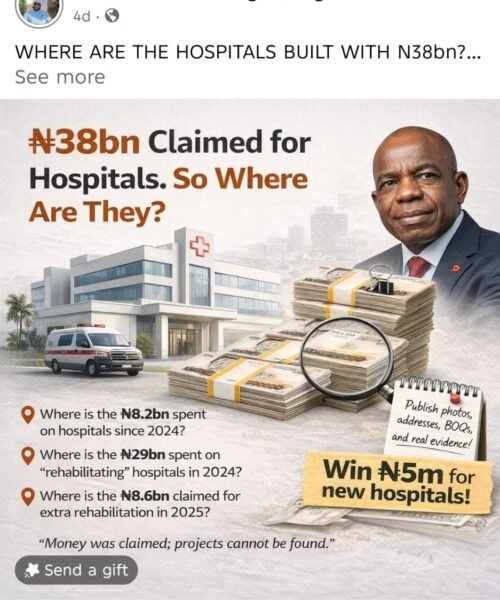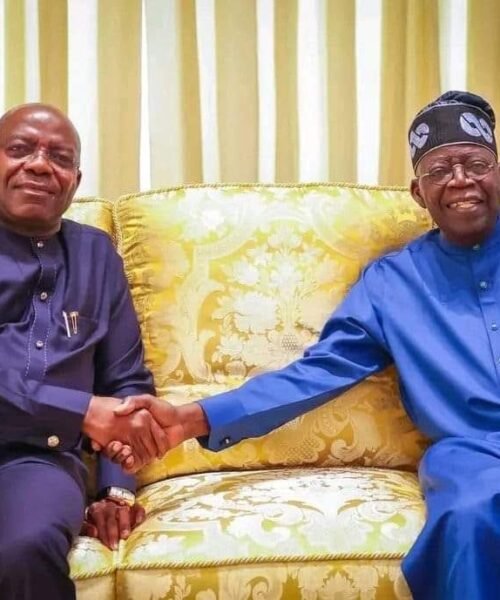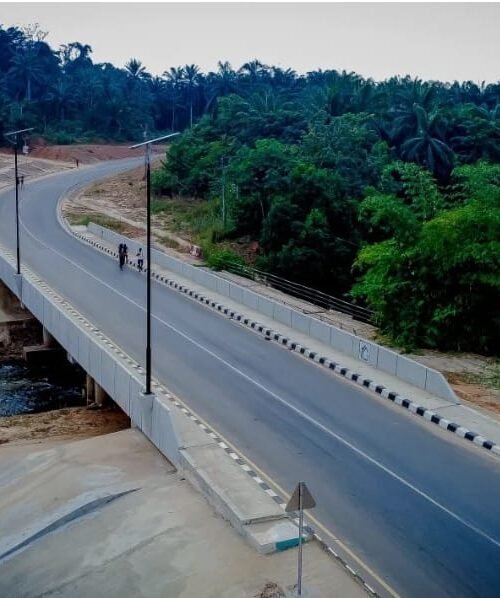Africa Rising: How the Continent Can Harness its Economic Power to Achieve the Sustainable Development Goals
The intricate dance of demand and supply, reminiscent of the delicate balance between protons and neutrons in an atom. Just as the number of protons (demand) and neutrons (supply) must be in harmony for an atom to remain stable, so too must the forces of demand and supply be in equilibrium for a market to function efficiently.
In international economics, this balance is crucial for maintaining economic stability and promoting growth. However, the current state of global trade and economic policies threatens to disrupt this delicate balance, with far-reaching consequences for Africa.
According to the African Development Bank (AfDB), Africa’s economic growth rate slowed down to 3.4% in 2020, compared to 3.9% in 2019, due to the COVID-19 pandemic (1). The pandemic has also led to a decline in foreign direct investment (FDI) in Africa, with FDI flows to the continent declining by 18% in 2020, compared to 2019 (2).
As the world grapples with rising protectionism, trade wars, and economic nationalism, Africa finds itself caught in the crossfire. The continent’s economies, already fragile and vulnerable, are struggling to cope with the shocks and uncertainties of the global market.
The African Continental Free Trade Area (AfCFTA), launched in 2020, was hailed as a major milestone in the continent’s economic integration. However, the agreement’s implementation has been slow, and the continent’s economies continue to face significant challenges in accessing global markets. According to the United Nations Conference on Trade and Development (UNCTAD), Africa’s share of global trade remains low, at around 3% (3).
Meanwhile, the COVID-19 pandemic has exposed the weaknesses of Africa’s healthcare systems, highlighting the need for increased investment in healthcare infrastructure and human capital. The pandemic has also accelerated the digital transformation of African economies, creating new opportunities for growth and innovation. According to the International Telecommunication Union (ITU), the number of internet users in Africa increased by 23% between 2019 and 2020 (4).
And yet, despite these opportunities, Africa remains vulnerable to the whims of global economic trends. The continent’s economies are heavily reliant on commodity exports, making them susceptible to fluctuations in global commodity prices. According to the World Bank, the decline in global commodity prices between 2014 and 2016 led to a decline in economic growth in Africa, from 5.1% in 2014 to 2.2% in 2016 (5).
As the world hurtles towards a new era of economic uncertainty, Africa must take bold steps to assert its presence on the global stage. This requires a concerted effort to diversify economies, invest in human capital, and promote regional integration.
The African Union’s Agenda 2063, which aims to create a prosperous, peaceful, and integrated Africa, offers a compelling vision for the continent’s future. However, realizing this vision will require a fundamental transformation of Africa’s economies, one that prioritizes sustainability, equity, and social justice.
According to the African Development Bank, Africa will need to invest around $130 billion to $170 billion per year to achieve the Sustainable Development Goals (SDGs) by 2030 (6). This requires a significant increase in investment in key sectors such as infrastructure, education, and healthcare.
As we navigate the complexities of international economics, let us not forget the human cost of economic instability. Let us work towards creating a more just and equitable global economic order, one that recognizes the inherent value and dignity of every human being, regardless of their nationality or economic status.
The future of Africa, and indeed the world, depends on it.

Dr Chukwuemeka Ifegwu Eke writes from the University of Abuja Nigeria.
References:
(1) African Development Bank. (2020). African Economic Outlook 2020.
(2) United Nations Conference on Trade and Development. (2020). World Investment Report 2020.
(3) United Nations Conference on Trade and Development. (2020). Trade and Development Report 2020.
(4) International Telecommunication Union. (2020). ICT Development Index 2020.
(5) World Bank. (2017). Africa’s Pulse: October 2017.
(6) African Development Bank. (2019). African Economic Outlook 2019.







